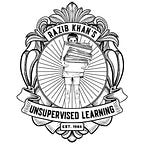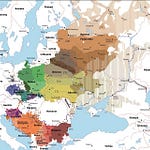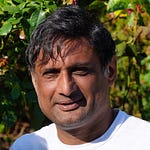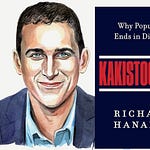On this episode of Unsupervised Learning Razib covers what we’ve learned about the out-of-Africa event, starting with our understanding of molecular genetics that developed in the 1980’s and 1990’s, exemplified in Richard Klein’s 2004 book The Dawn of Human Culture, down to the present, when ancient DNA has overruled speculation with data. In the late 20th century, a simple, elegant model coalesced to explain recent African human origins based on patterns of mtDNA and Y chromosomal data, buttressed by findings in paleoanthropology, that resulted in our human cousins like the Neanderthals being seen as dead-ends and evolutionary experiments. Today, it’s quite clear that Neanderthals, and the newly discovered Denisovans, were part of a broader pattern of genetic interaction and admixture that is far more complex than parsimonious theories of expansion and replacement. Instead of a single out-of-Africa event, we suspect several, and rather than a branching family tree we find a genealogical lattice of human lineages.
Razib also addresses the genetic details of the out-of-Africa event 50,000 years ago, which turns out to have been simply the climax of an evolutionary story that had already been underway for 30,000 years, and took another 10,000 years to populate the Old World. There were multiple out-of-Africa population waves, though not the older ideas of "northern" and "southern" routes. Rather, the new data makes it clear that Europe in particular, was hit by three out-of-Africa migrations, with the first dying off without any descendents, the second related to East Eurasians, and only the last destined to become the ancestors of modern West Eurasians. Human evolutionary genetics turns out not to be a neat and tidy storyline, but a sprawling narrative spawning numerous sequels.












